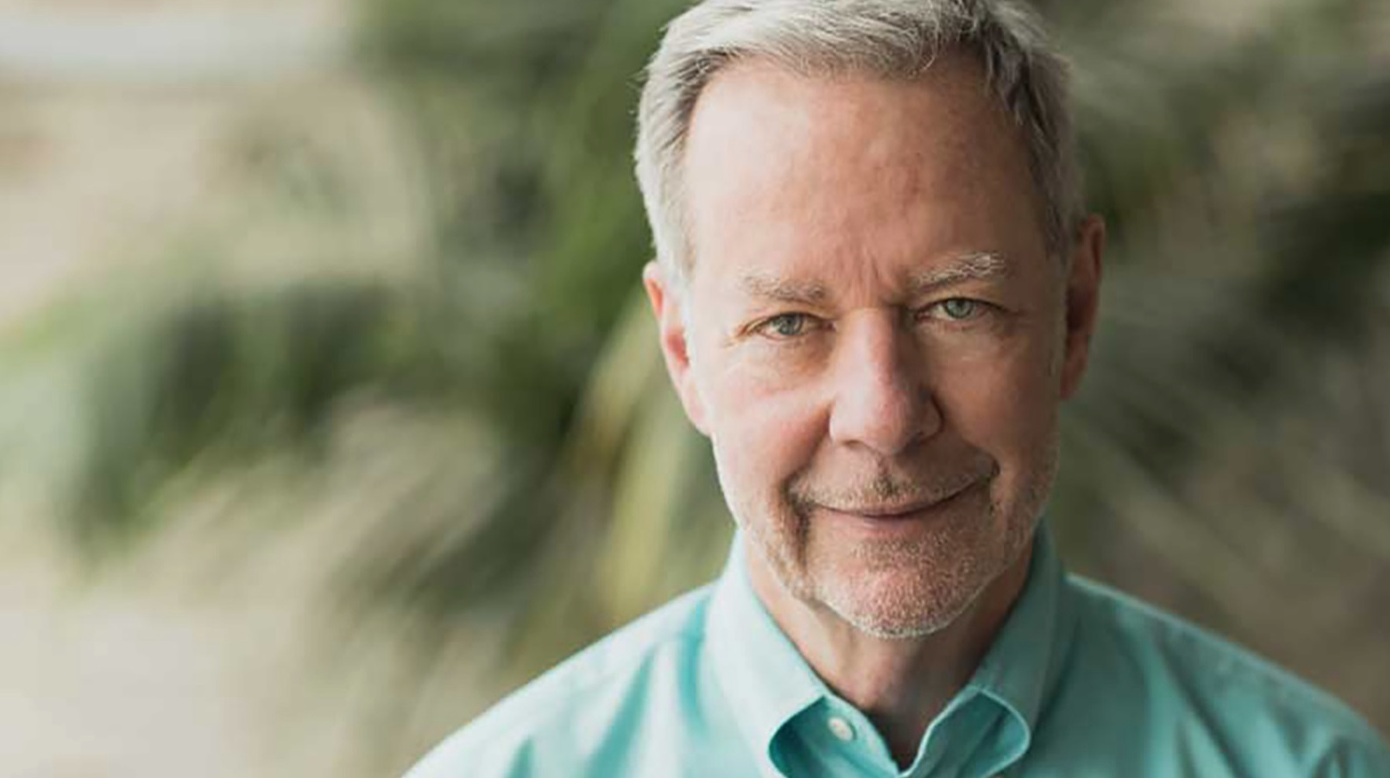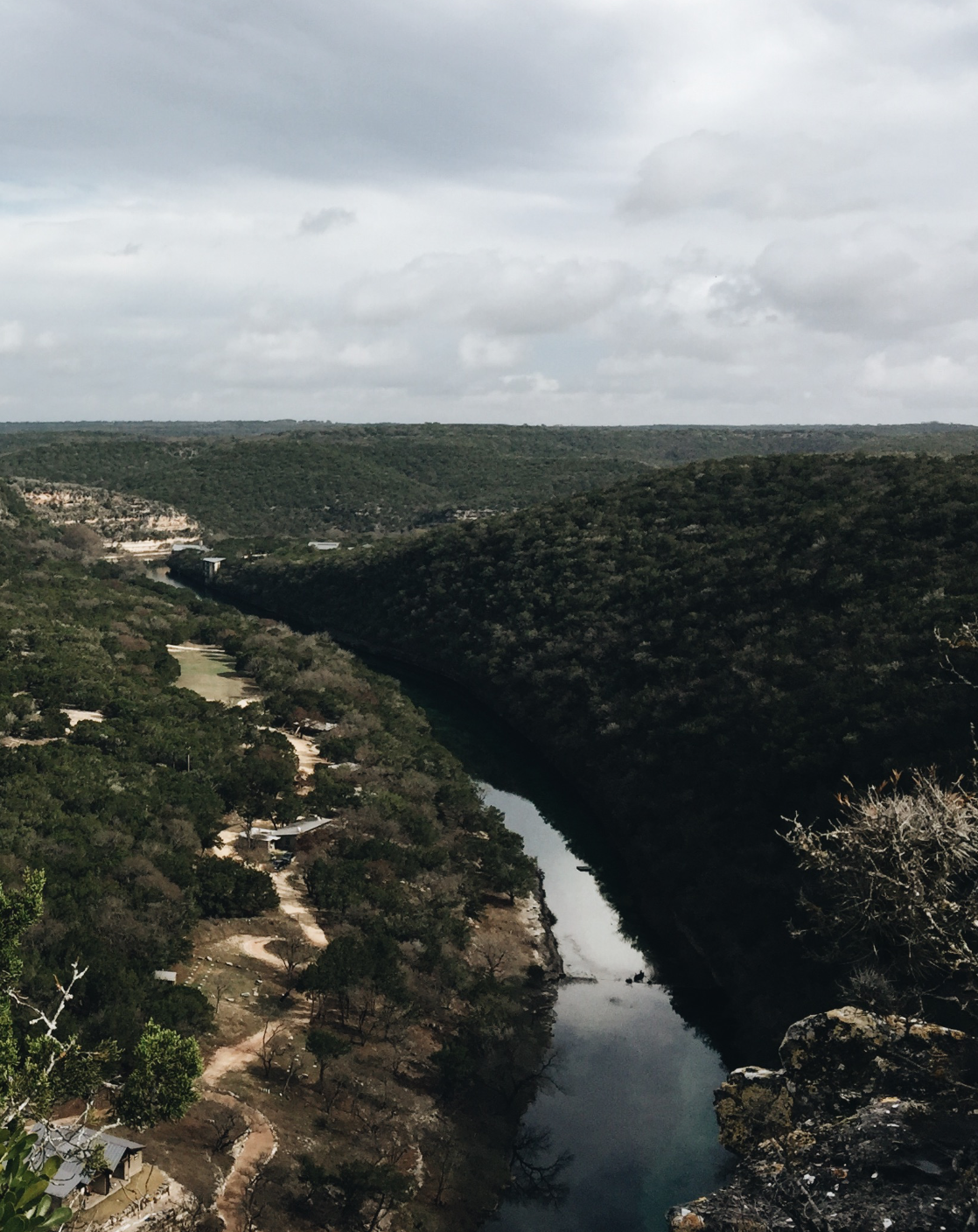The Effortless Eternal Feast
We were caught in the rain this morning, he and I and the dog. We saw the lightning, heard the thunder, but the cool and quiet morning was too much to resist. It was no use trying to run or find shelter, the rain came fast and hard and cool, drenching the ground and us. I have always loved the rain, prayed for it selfishly in Texas because it cools the blistering hot for a few moments. I prayed for it less selfishly this year because I am watching our garden thirst and I love our garden more than I love the momentary refreshment of rain. This is what gardening does in you.
I have been watching a tiny pile cherry tomatoes build on our counter. I suppose if I was more impatient or less of a planner I might have popped them one after another into my mouth already. But I am patient and I have a plan for these small orbs. It occurs to me that time + money + water + sunshine + dirt + worry = a small handful of cherry tomatoes, when it would be much easier and cheaper to buy a plastic box of them at the local grocery. Nate is there right now, I could call him and say, "Hey, will you grab a box of tomatoes while you're there?" and he would. So easy.
Yesterday the sermon was about the incremental degrees of sanctification and growth, about how we are more consumers than cultivators and creators. I think, of course, of my garden, of the small pile of tomatoes on my counter, and of the rain I've been praying for. I think about how much faith there is in gardening. How we drop a seed into the dark, damp earth, do what we can, and then just wait.
Our sunflowers are almost ten feet tall, still unbloomed, throwing back their heads and just absorbing all the light they can. The dahlias are half that high and blooming faster than I can prune. The heirloom tomatoes are flowering, spitting out little yellow blossoms faster than I can count. Two months ago these were silent plots of dark earth and I checked them every day, impatient.
When we came home this morning, wet, our flesh freckled with goosebumps from the sudden rain, I thought of how life is made up of small adventures, small moments. Tiny, incremental happenings. Ways we mark or note or remember time. If we only consume the adventures of others (which I am prone to doing with my Netflix mysteries and my bedside library books) and create none of our own, it is easy to stop noticing the glory-to-glory changes. We lose our measuring stick.
A garden is a measuring stick. And so is the growing pile of cherry tomatoes on the counter. So is praying for rain. And so is getting caught in it when it comes. These all reminders of the slowness of growth and the fruit of growth and the prayers and answers to prayers. The engagement of living. Tiny notches in the wall marking from one year to the next, one degree of glory to the next.
I find myself growing more slowly in sanctification the older I get. I wonder if this is a common malady or if I am more flawed and more sinful than others. The stark and clear sins with which I wrestled five or ten years back are mere specks in my rearview. Now the challenge is to not settle, to not grow comfortable, to not assume, and to not grow stagnate. I want the quickness of youth back, the hard right turns and the slamming of the breaks. There was thrill in that. There was the impatience of watching a seed sprout, checking every day to see if there were any changes. And there were! Praise God, there were!
But life now, like the little pile of cherry tomatoes on my counter, is less dramatic. No longer ripe for dime a dozen opportune moments of youth, now just ripe for the eating. Now it is just the work of slow, quiet faithfulness, lifting up our heads to see the goodness of God in the land of the living and in the land of the dying too. Because he's there too. He is at work just as much in the provisional feast of harvest as he was in the seed and the sprout and the blossom. We just have to remember to look and to see.
I don't know which of these seasons you're in and I suppose some will laugh at a mere 37 year old waxing on about feeling old and I also suppose that's okay. I am so much older than I was ten or 13 years ago, when life felt more like a race at which I was perpetually in threat of losing than simply getting caught in the rain while on a walk with my husband and dog at 7am. And I suppose I will feel much the same about today when I reach 47 or 50. Incremental changes; quiet, whispered prayers; yes, small, hardly noticeable. Until they're answered. And we're left with harvest and rain and an effortless eternal feast.
Dear friends, I am working on a project behind the scenes (unless you're a Patreon supporter) that will use most of my writing muscles this summer. So if Sayable has seemed a bit quiet, this is why.















